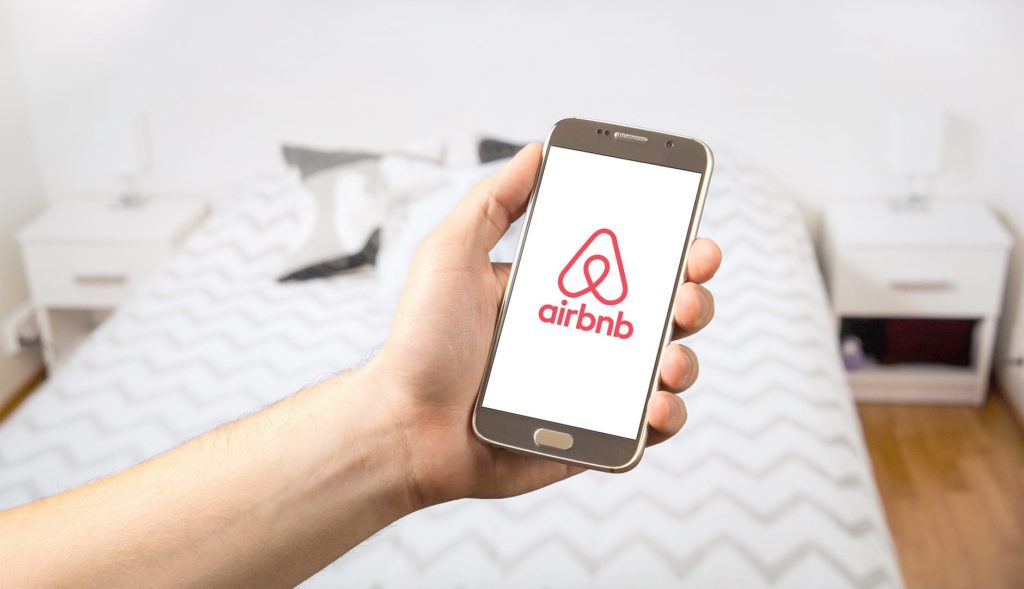Rising popularity of Airbnb in principality has hotel owners worried about market disruption and security
Since its launch in 2007, Airbnb has grown massively in popularity all across the world, including in Monaco, which now has well over a hundred properties listed on the accommodation website. The company has become a global success, posting revenues of €2.25 billion and profits of almost €90 million last year. However, as Airbnb, Uber and other market disruptors from the sharing economy continue to infiltrate Monaco, some individuals in the Monegasque service industry have raised concerns about what this may mean for the economy and the security of the principality.
Neighbouring France recently announced that Airbnb sellers must submit taxation information to the authorities by January 2020, paying tax on all earnings over €305 per listing. Certain professionals in the Monegasque hotel industry have looked upon that ruling favourably and wish for similar legislation to be introduced in Monaco as well. At present, people listing their properties on Airbnb do not have to pay income tax in the principality, which some hoteliers believe puts them at a huge disadvantage. One such individual, who wished to remain unnamed, estimated that the hotel trade is losing between 10% and 15% of turnover thanks to the influx of Airbnb properties.
“We are being forced to adopt health and safety rules that are more and more draconian. However, on Airbnb, renters are not subject to any such obligation. They do not pay any charges to the compensation fund of social services (CCSS)… it is also VAT lost to the state of Monaco,” explained the anonymous hotelier. “Facing almost no charges, their profitability is multiplied. Not to mention that some renters themselves are tenants and therefore sublease [which is illegal]. It’s a bit like the Uber app: people who are not professional taxis, are now doing taxi. With Airbnb, people who are not professionals in the hotel industry, do the hotel business.”
Elsewhere, other concerned parties have raised fear over the lack of scrutiny placed upon those who use Airbnb as their means of accommodation while in the principality. While all hotel guests who visit Monaco must submit their passport information on arrival, no such requirement is made of Airbnb users. They are not obliged to fill in police cards or declare their presence in any way, which causes the potential for unknown and possibly dangerous forces to gain entry into Monaco. As such, the hotel industry is calling for the Monaco government to take a leaf out of the French book by tightening its legislative approach to Airbnb, with a possible view to introducing taxation.
For their part, the government has not ruled out the possibility of introducing legislation in the near future. “The government reserves the right, after consultation with the professionals, entities and persons concerned, to legislate, in the event that the occasional rental of apartments by the owners would have consequences,” reads a statement from the government in response to questioning by Monaco Hebdo. “In particular, in terms of competition with hotels in the Principality, the real estate market, nuisance and security.”










